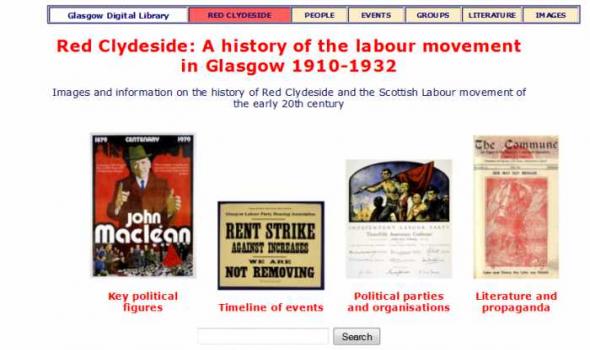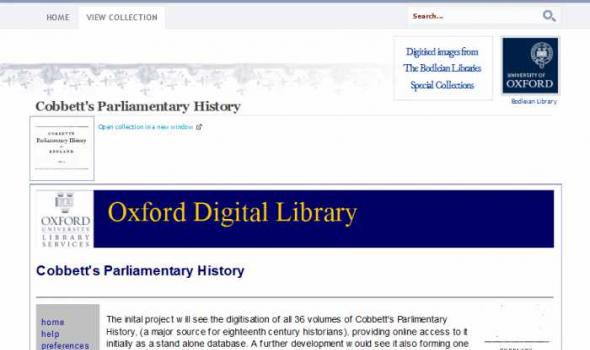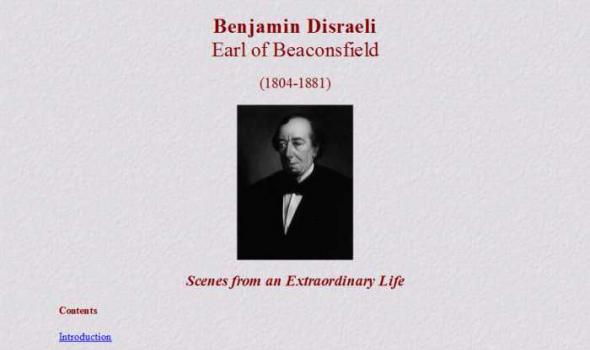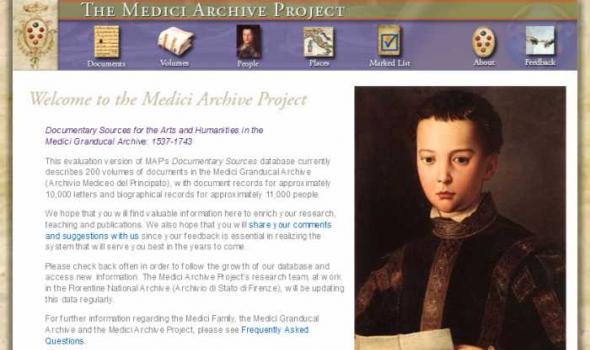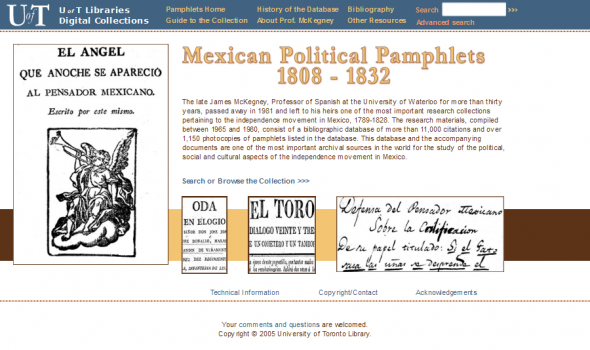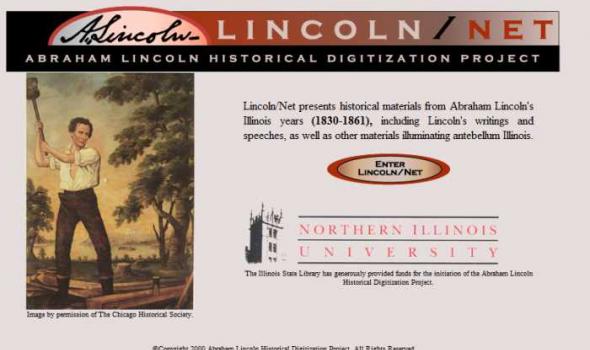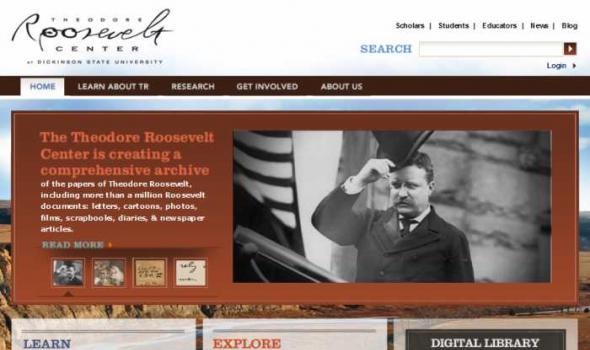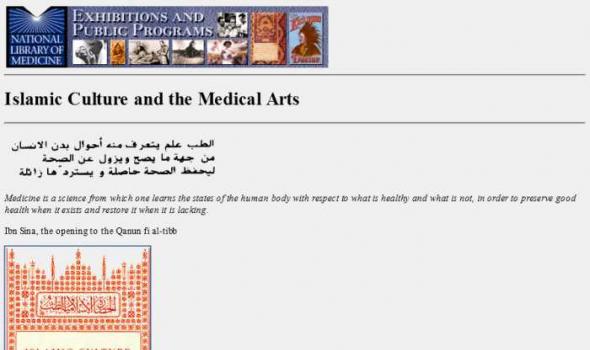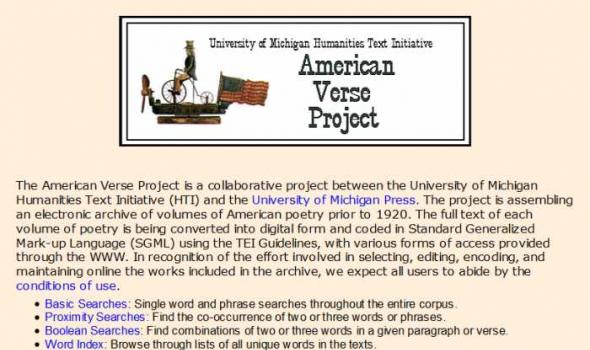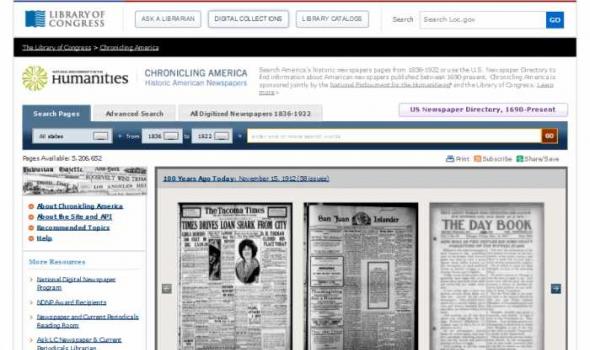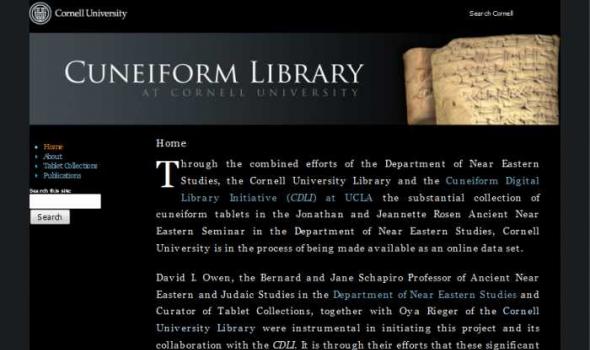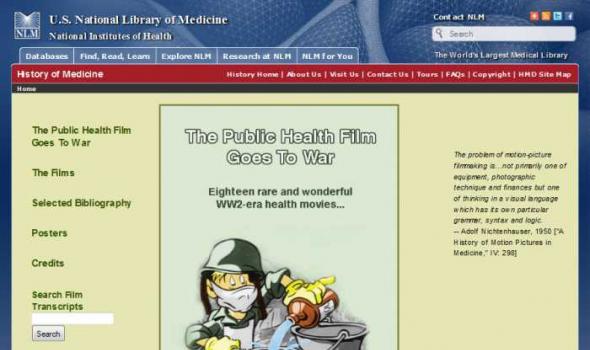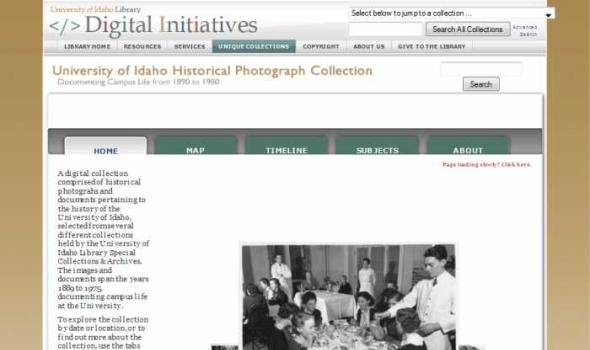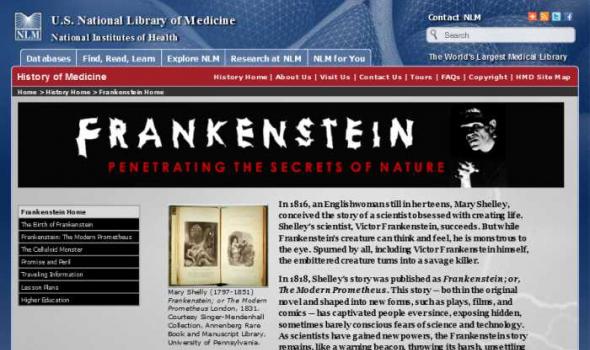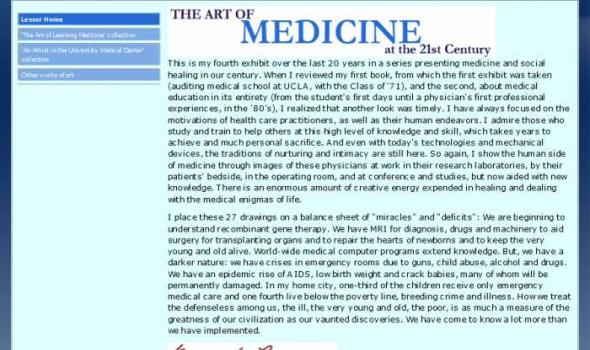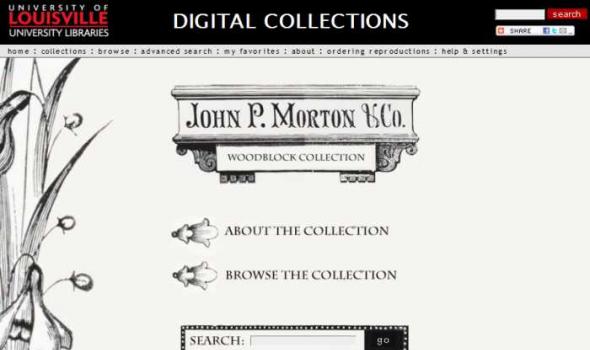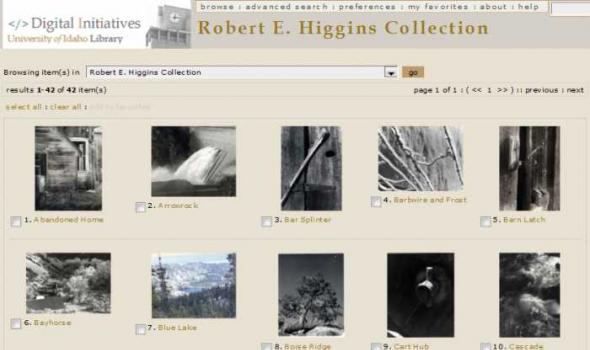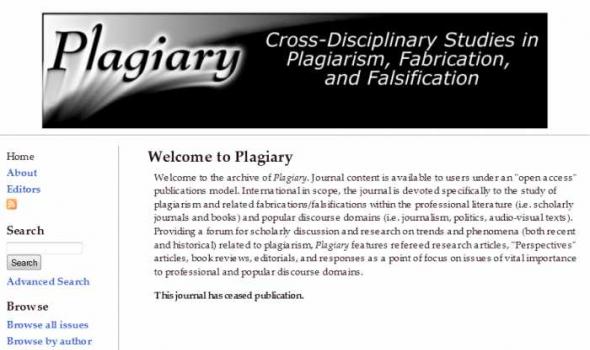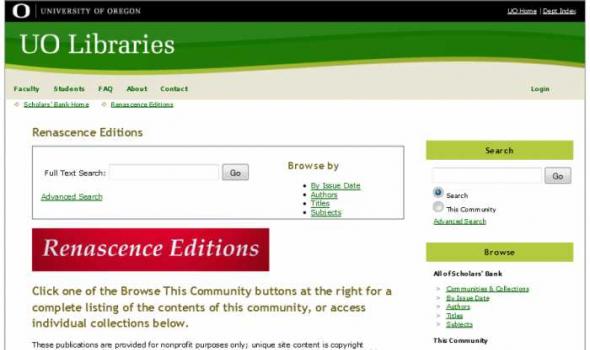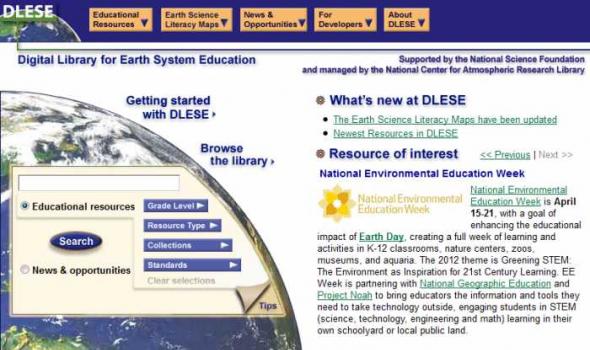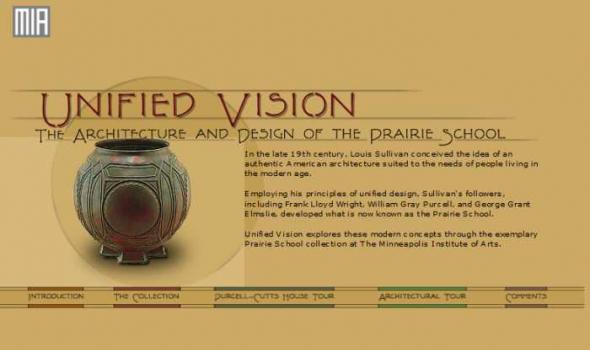Political history
In 1761, fifteen years before the United States of America burst onto the world stage with the Declaration of Independence, the American colonists were loyal British subjects who celebrated the coronation of their new King, George III. The colonies that stretched from present-day Maine to Georgia were distinctly English in character although they had been settled by Scots, Welsh, Irish, Dutch, Swedes, Finns, Africans, French, Germans, and Swiss, as well as English. As English men and women, the American colonists were heirs to the thirteenth-century English document, the Magna Carta, which established the principles that no one is above the law (not even the King), and that no one can take away certain rights.
The Federal Convention convened in the State House (Independence Hall) in Philadelphia on May 14, 1787, to revise the Articles of Confederation. Because the delegations from only two states were at first present, the members adjourned from day to day until a quorum of seven states was obtained on May 25. Through discussion and debate it became clear by mid-June that, rather than amend the existing Articles, the Convention would draft an entirely new frame of government. All through the summer, in closed sessions, the delegates debated, and redrafted the articles of the new Constitution.
Drafted by Thomas Jefferson between June 11 and June 28, 1776, the Declaration of Independence is at once the nation's most cherished symbol of liberty and Jefferson's most enduring monument. Here, in exalted and unforgettable phrases, Jefferson expressed the convictions in the minds and hearts of the American people. The political philosophy of the Declaration was not new; its ideals of individual liberty had already been expressed by John Locke and the Continental philosophers.
During the debates on the adoption of the Constitution, its opponents repeatedly charged that the Constitution as drafted would open the way to tyranny by the central government. Fresh in their minds was the memory of the British violation of civil rights before and during the Revolution. They demanded a "bill of rights" that would spell out the immunities of individual citizens.
The Red Clydeside period During the period between 1910 and 1932 the city of Glasgow was witness to an unparalleled wave of working class protest and political agitation which challenged the forces of capitalism and also, on occasion, directly challenged the state itself. The events and people who shaped this period forged an enduring legacy which still remains part of the political and social fabric of the city to the present day, and which is known quite simply as Red Clydeside. This turbulent period of industrial, social and political upheaval reinforced Glasgow's reputation as the centre of working class struggle in Britain in the early years of the twentieth century.
Marking 100 years since H.H. Asquith became Prime Minister 100 years ago H.H. Asquith (1852-1928) became Prime Minister. In continuous office for over eight years from 1908 to 1916, he was at the helm of a government which re-modelled the British political landscape and introduced innovatory social measures. The introduction of old age pensions, national insurance, and employment exchanges, and the reform of the House of Lords, are among the developments chronicled in Asquith's papers and those of his political colleagues held at the Bodleian . Long standing issues such as Irish home rule and women's suffrage also had to be addressed.
The inital project will see the digitisation of all 36 volumes of Cobbett's Parlimentary History, (a major source for eighteenth century historians), providing online access to it initially as a stand alone database. A further development would see it also forming one element within a group of related databases offering access to a range of parliamentary source materials sharing a common interface.
Benjamin Disraeli Earl of Beaconsfield Contents Some key milestones in Disraeli's life Introduction This digital version of the Bodleian exhibition (held 4 November 2003-1 May 2004) marks the culmination of a project which began in the late 1990s with the decision taken by the National Trust, the owners of Disraeli's private papers, and the Bodleian Library, the custodians, to commemorate the bicentenary of Benjamin Disraeli, Earl of Beaconsfield (1804-81). The book Benjamin Disraeli, Scenes from an Extraordinary Life (Bodleian Library, 2003), edited by Helen Langley which accompanied the exhibition included essays written by the Rt. Hon. Kenneth Clark, QC, MP, Dr Angus Hawkins, Annabel Jones, Dr Timothy Mowl, Dr Roland Quinault and Jane Ridley.
Mission An Unprecedented Model for a Research Institute Since its foundation in the early 1990s, the Medici Archive Project (MAP) has been innovating new strategies for research in the Humanities. During the early stages of its existence, MAP’s mission was to merge archival research with technological innovations for data management. A pioneering group of scholars began to catalog in a rudimentary electronic database the letters of one of the most exhaustive and complete courtly archives of early modern Europe: the Medici Granducal Archival Collection (Mediceo del Principato). This archival collection ??? comprising over four-million letters distributed in 6,429 volumes and occupying a mile of shelf space ??? covers a chronological span of two hundred years, from 1537 to 1743.
The late James McKegney, Professor of Spanish at the University of Waterloo for more than thirty years, passed away in 1981 and left to his heirs one of the most important research collections pertaining to the independence movement in Mexico, 1789-1828. The research materials, compiled between 1965 and 1980, consist of a bibliographic database of more than 11,000 citations and over 1,150 photocopies of pamphlets listed in the database. This database and the accompanying documents are one of the most important archival sources in the world for the study of the political, social and cultural aspects of the independence movement in Mexico.
DIGITAL COLLECTIONS About the Collection The Romano L. Mazzoli Oral History Collection documents the life and political career of Congressman Romano (Ron) Mazzoli, an Italian-American native of Louisville, Kentucky who represented Kentucky's Third Congressional District for 24 years (1971-1995). The 66 hours of interviews complement and move beyond the congressman's papers (also housed at the University of Louisville Archives and Records Center), including documentation of the workings of his local and Washington offices, interactions with constituents and colleagues, and his role on the national stage, as well as reminiscences by family, friends, and Mazzoli himself.
Royal Visits to Toronto. Toronto has hosted many royal visits. Anniversaries, fundraisers, conferences, athletic competitions and military duty are some of the events and occasions that royalty have celebrated or attended. These visits have included walkabouts and drive-bys that gave the public and media the opportunity to take photographs and catch glimpses of members of the royal family. George VI, visit to Toronto, 22 May 1939, at the King’s Plate, Woodbine (now Greenwood) Race Track, Queen St. E.
The Ted Stevens Papers Collection documents the career of Theodore Fulton (Ted) Stevens (1923-2010), Senator from the State of Alaska from 1968-2009, the longest-serving Republican member of the United States Congress. Stevens was a leading force in the creation of legislation concerning Alaska???s economic, social and cultural development. The collection, measuring nearly 5000 cubic feet in its entirety, contains the history of Stevens??? long senatorial career, and chronicles Alaska???s transition from a newly-minted state to a significant player in US history. Documents within the collection relate to the administrative, legislative and political functions of Stevens??? office.
New Political Alphabet, or, a Little Book for Great Boys This twenty three page book of alphabet rhymes was published in Windham, Connecticut in 1813, by Samuel Webb. For the letter A: "Great A stands for Adam’s administration and B for betraying the rights of the nation." This rhyme refers to John Adams, the second president of the United States and a conservative Federalist who signed the controversial Alien and Sedition Acts in 1798. Although the New Political Alphabet was published twelve years after Adams left office, the author likely remains anonymous due to the political tone of this rhyme.
In 1861 Abraham Lincoln (1809-1865) became the United States' sixteenth president. But before Lincoln became the nation's chief executive, he led a fascinating life that sheds considerable light upon significant themes in American history. This World Wide Web site presents materials from Lincoln's Illinois years (1830-1861), supplemented by resources from Illinois' early years of statehood (1818-1829). Thus Lincoln/Net provides a record of Lincoln's career, but it also uses his experiences as a lens through which users might explore and analyze his social and political context. How to Use Lincoln/Net: Northern Illinois University Libraries' digitization projects rely upon financial support provided by individual donors, private foundations, and state and federal agencies.
My Collections DIGITAL LIBRARY The Theodore Roosevelt Digital Library includes letters to and from Roosevelt, diary entries, notes, political cartoons, scrapbooks, and more. Timeline Explore the timelines for important dates in TR’s personal and political life, military career, publications, hunting and exploration trips, as well as his time in Dakota Territory. About Us News Explore digital updates, articles and upcoming events. Mission Our goal here at the Theodore Roosevelt Center is to raise the profile of Theodore Roosevelt and to preserve his legacy through events, publications, and the creation of a comprehensive digital presidential library that is freely accessible worldwide via the internet.




